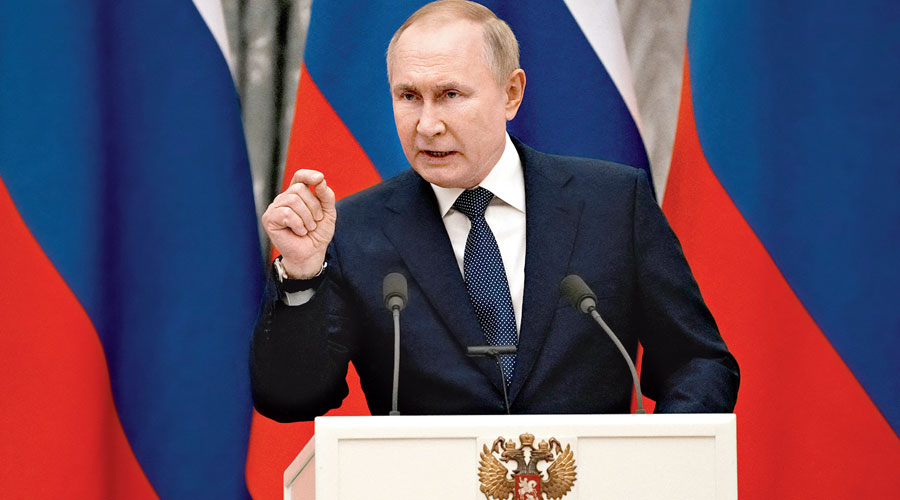Russia’s abduction and deportation of Ukraine’s children since its invasion of the country was so well-documented and terrifying that when Russian forces prepared to withdraw from the southern city of Kherson last fall, doctors at a hospital there hurriedly hid babies and falsified their records.
When Russian soldiers arrived, the staff at Kherson Regional Hospital said the infants were too critically ill to move, Olha Pilyarska, the head of its neonatal anaesthesiology department, recalled in an interview on Saturday. “They put lung ventilation devices near all the children,” she said.
The efforts saved 14 babies from being swept up in a campaign that has systematically transferred thousands of Ukrainian children to Russia to be resettled in foster families and put on track to become Russian citizens. When the International Criminal Court issued an arrest warrant for President Vladimir V. Putin of Russia on Friday over the forcible deportation of children, it was a powerful recognition of actions that have not only been carried out in full public view, but continue today.
The Russian authorities have put the children on display in Red Square photo-ops and at lavish concerts celebrating the war. They have also signalled that more deportations are on the way. The scale of the deportations in Ukraine over the past year is something not witnessed in Europe in generations. The UN estimates that 2.9 million Ukrainians have moved to Russia since Moscow launched its full-scale invasion, but it is impossible to quantify how many might have gone willingly and how many were forced. That number includes about 700,000 children and most are believed to be with their families.
New York Times News Service











